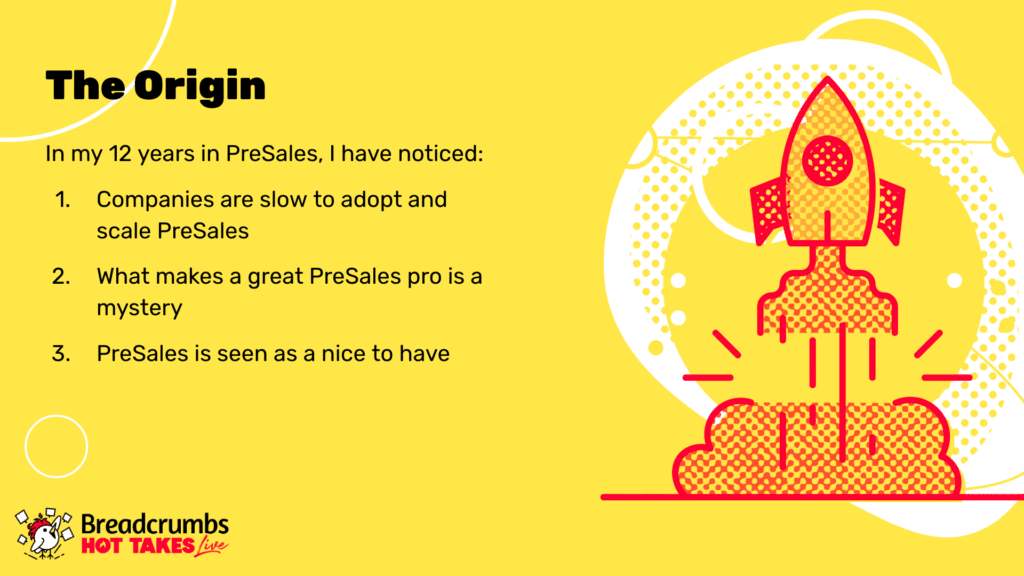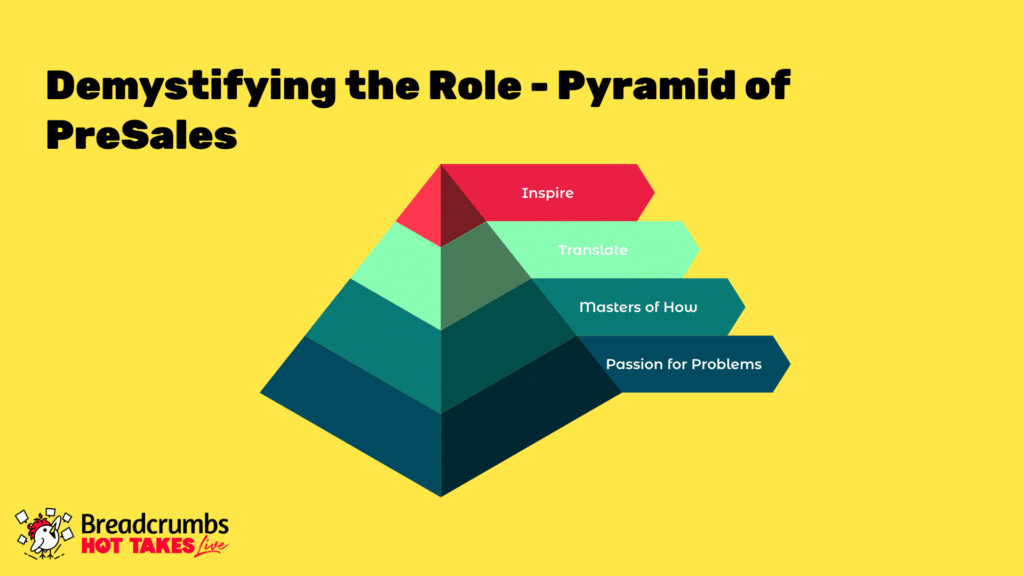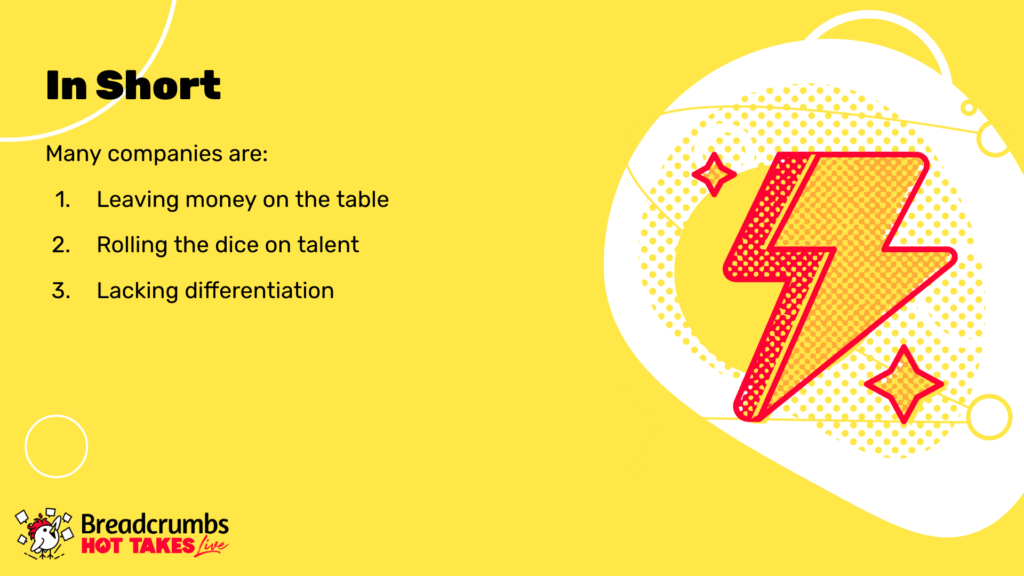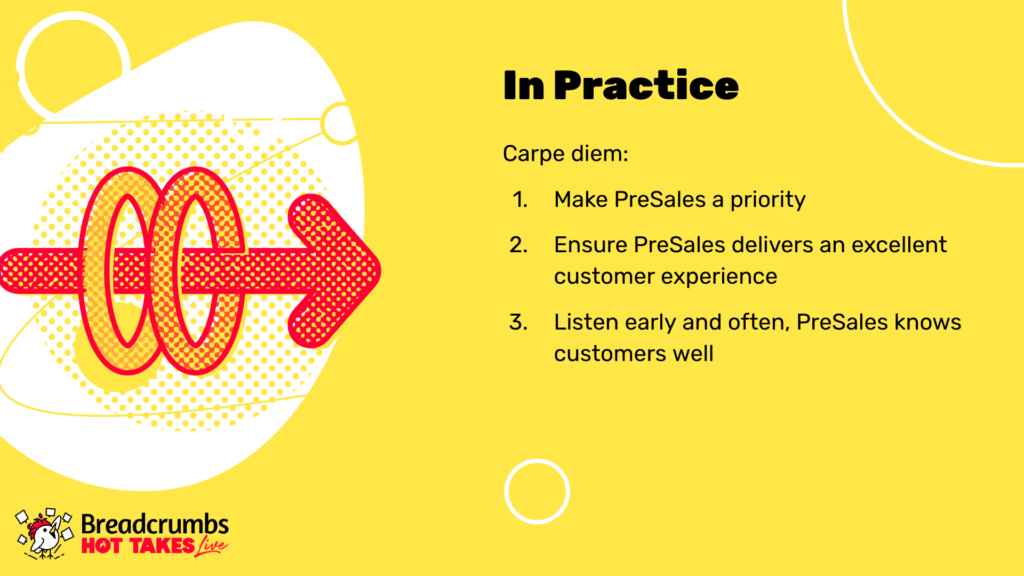

Unkover your competitors’ Marketing Secrets
Say goodbye to wasting hours on competitor analysis by equipping your team with an AI-driven, always-on competitive intelligence platform.


Say goodbye to wasting hours on competitor analysis by equipping your team with an AI-driven, always-on competitive intelligence platform.

Stay Ahead with AI-DRIVEN Competitive Intelligence
Unkover is your AI-driven Competitive Intelligence team delivering critical updates about your competitors the moment they happen:
Track your competitors website changes
Why spend all day stalking the competition when you don’t have to?
With Unkover, you’ll know instantly when your competitors tweak their messaging or shake up their pricing. No more endless scrolling through their sites or second-guessing your strategies.
Let us do the heavy lifting for you, ensuring you’re always in the loop by notifying you the moment a critical change happens on your competitor’s pages.
Sit back, relax, and keep winning—Unkover makes sure you’re not just in the game, you’re always a step ahead.


Read your competitors emails
Companies love updating their customers and prospects about relevant news, product updates, and special offers.
That juicy info from your competitors? It’s yours too. Unkover will automatically capture all their emails and bring them right to your doorstep—accessible to your entire team, anytime.
[COMING SOON: Our fine-tuned AI will sift through these emails, extract key information and send them over to the best team within your org. Less noise, more signal!]
We hear you! Unkover’s goal is not to flood you with tons of data points that no one in your team will ever read. We gather competitive intelligence from thousands of data sources and use AI to highlight actionable information to the right team in your company.
Say goodbye to noise. We’re 100% signal.
ROADMAP
We’re excited to get Unkover in your hands as soon as possible and keep building the best competitive intelligence tool with your precious feedback. The roadmap for the next few months is already exciting, so take a look!
While we build and deliver, here’s our promise to you: as an early tester and customer, you’ll lock in an exclusive bargain price we’ll never offer again in the future.

Spy on your competitors’ full marketing strategy: social, ads, content marketing, email flows, and more.

Track competitive Win/Loss analysis and build battle cards. Get alerted at every pricing change.

Get immediate alerts when competitors announce new features or major releases. Identify strengths and weaknesses from online reviews.

Get the competitive intelligence you need where you need it: Slack, eMail, MS Teams, Salesforce, Hubspot, Pipedrive and more.
slack integration
Unkover’s Slack integration lets you keep your whole team up to speed with your competitors’ updates.

Join now to lock in an exclusive 50% lifetime discount
For startups and small teams, it’s the essential toolkit you need to keep an eye on a select few competitors.

Up to 5 competitors

50 pages monitored

10 email workflows

3-day data refresh
$39
/per month
$ 79
50% discount
Billed annually
For growing businesses, it allows you to monitor more competitors, pages, and email workflows.

Up to 10 competitors

100 pages monitored

20 email workflows

1-day data refresh
$79
/per month
$ 159
50% discount
Billed annually
For large companies, it is tailored to meet the needs of multiple teams needing granular insights.

Custom number of competitors

Custom number of pages monitored

Custom number of email workflows

Hourly data refresh
Custom price
Billed annually

PreSales is the bespoke advertising arm of the tech world. The second you go beyond perfect fit customers, you need PreSales to win and grow. The sooner you get PreSales in your company, the better.
In this session with Amin Ibrahim, Senior Director of PreSales and Strategy at Hootsuite, we’re going to talk about why PreSales exists and the impact that it has on your business. We’ll discuss how you can thoughtfully create the right hiring profile and how to get the most out of your PreSales people.
Finally, we’ll talk about how you can differentiate your PreSales function from the competition. A strong PreSales arm will supercharge your sales, help you retain your customers, and will leave your competition in the dust.
Although transcriptions are generally very accurate, just a friendly reminder that they could sometimes be incomplete or contain errors due to unclear audio or transcription inaccuracies.
Gary Amaral
You are all here watching and learning, and I’m really excited to have an owl as a former owl myself. It’s always cool to connect with somebody back at the nest.
So we have Amin Ibrahim, the Senior Director of Pre-Sales and Strategy at Hootsuite, an organization I’m very proud to have been associated with in the past, and he’s going to tell us why pre-sales rocks and why we need more of it. Does that sound right?
Amin Ibrahim
Nailed It, Gary.
Gary Amaral
Awesome, well, listen, I’m gonna throw it to you. I’m super excited to hear more; I’ll jump back on in a little bit and ask you some questions.
Amin Ibrahim
Sounds great.
Alright, so I have 10 minutes to talk about pre-sale, something I’m super passionate about. I could talk about this for days, but for today, it’s going to be 10 minutes, and I firmly believe that pre-sales is amazing. It’s going to help you and your company be way more successful, and frankly, everybody needs more of it.
So, who am I? My name is Amin Ibrahim. I was born in Egypt, and I’ve been a nomad all my life. I’ve lived in many different places, I’ve had many different careers, and I’ve found pre-sales as my home. I absolutely love it.
I’m now the Senior Director of Pre-Sales and Strategy at Hootsuite. I’ve been here just nine years, which is awesome; just a couple of weeks ago at the nine-year mark, and an interesting fact about me: I once got into a fight with a baboon. The baboon won. That was not super fun, but if you want to know more about it, hit me up on LinkedIn later, and I’ll be happy to share that story.
So, if we take a step back, why does pre-sales even exist? Why does this career exist? Why does this role exist?
Pre-sales fundamentally exists because if we think about the lifecycle of a product when we create it when it’s first created, the use case and the personas are such a perfect fit that it almost sells itself.
Right, and what happens is over time, as you start to look after new applications for your product or new markets for your product, you need to start to have a little bit of finessing to make it fit in the right way, and so that natural fit that you have when the product first launches, starts to change over time and you need people who are really really good at making things fit and making things make sense for a lot of other people.
So, pre-sales helps your product be the perfect fit for customers. In this day and age, buyers have more power than ever, and so having somebody who is seen as a trusted advisor and not just seen as a seller is very useful when they are driving the buying process in a big way, and the world is becoming more and more complex every day.
The world used to be simply complicated in the 20th century, but now it’s complex; everything’s integrated, everything speaks to one another, and we need to make sure that we’ve got the right fit there.
So, at the end of the day, why does pre-sales exist? It exists to make sure that your product is the perfect fit for customers. So what is pre-sales, and why do I have a picture of Mad Men up on the screen?
So I’ll tell you all the story. So many years ago now, this would have been 2016, when I hired a great young SC by the name of Andrea Job. We were walking around the block, and I was telling her, “Why do you like, why did you want to be an SC? Why is this so important for you?” and she told me, “I want to be like Peggy Olson from Mad Men.” At the time, I didn’t watch Mad Men, so I checked it out. I watched it, and it made perfect sense.
So, what is pre-sales fundamentally? At the end of the day, pre-sales is the custom advertising arm of technology. Every time we are talking to customers, every time we are pitching to customers, we are giving them a custom ad of what our product is and what our software can do for them.
Which is amazing and fun fact; I come from a non-traditional pre-sales background, I actually thought after University, I’d enter the world of advertising, and so funnily enough, once she made that comment, I started watching the show.
It’s fascinating how everything comes full circle sometimes, and I’m exactly where I thought I would always be, just in the world of tech.
So, the origin of this belief that we need more pre-sale.

So I’ve spent 12 years in pre-sales now I spent 20 years in tech but 12 specifically in pre-sales, and one thing that I’ve noticed is that even when companies do embrace pre-sales, they are slow to it.
In the first company that I worked for, a company by the name of Response Tech, I was their first pre-sales person globally, and that was around the point where the company had about 200 employees, I believe that the first pre-sales person should have come in around 40 employees, there that would have made a huge difference.
So, companies are slow to adopt and scale pre-sales. I think there’s a great opportunity for us to accelerate that because there is a lot of benefit from it. The other thing that I’ve noticed about what we need more pre-sales is that right now, what actually makes for a great pre-sales person is a bit of a mystery for a lot of people.
Typically, a lot of companies will come in, and they’ll like, I suppose in my case, “Hey, this person knows the platform really well, this person knows the product really well, maybe they’d make a good pre-sales person” and there’s a lot more to it than that.
So sometimes it’s a little bit of a mystery, and the more we can unpack that, and I’ll do that very shortly, the more it’s easier to make sure we’re hiring the right people
Frankly, pre-sales, in a lot of cases is seen as a nice to have. I would not have had this belief a year ago, but with the changing conditions of the market and the fact that pre-sales does not carry direct quota in the same way salespeople do when push comes to shove, and finance needs to make decisions, pre-sales is actually seen as a nice to have in some cases.
I, by the way, completely disagree with but that’s a reality that we see sometimes.
So when we think about the role of pre-sales and how we can demystify the role of pre-sales, how we can make sure we’re hiring the right people. The way I love to look at it is, and you know, it’s a bit of a running joke, I’, originally Egyptian, and pyramids are in my blood, I put most things in the pyramid frameworks, and it works really well. It works really well for me.

When we think about what makes for a great pre-salesperson, number one is this passion for problems. So, a lot of people are very solution-focused. The best pre-sales people out there are actually problem-focused.
They’re extremely curious, they apply a so-what-who-cares about everything you’ll actually find disproportionately people in pre-sales really love playing, you know, games; board games, video games, all that other fun stuff because they love solving problems in one way or another. Puzzles, all of that, and so problem focus needs to be really important, and the people who don’t necessarily have that problem focus they’re the ones who struggle with the role.
So it’s a big thing, and so you got to have a big passion for problems. We’ve got to be the masters of how. So you’ve got to find people who through, either technical expertise, business acumen or creativity, know exactly how to solve those problems, and if we think about those three aspects, if it’s into a great “iron triangle” similar to the world of project management where you know, you can increase one or decrease the other.
But it’s so important to focus on your strengths and find ways to mitigate the others, but that’s how we solve some of those problems, and then what we need to do is we need to be able to translate that for our customers, in most cases that means simplifying.
So pre-sales excels at simplifying very complex things so executives and lay people can understand it, but it’s not always simplifying, and sometimes, in some cases, we are speaking to people who need to know exactly how something works, and they need to see a ton of detail as to how it works and then that translation piece, you need to be able to speak that language as well.
So we really translate for our customers, whether it’s making things more simple or more clear, or sometimes even more complex, to speak their language so they can make the right decision.
Finally, we inspire, and the inspiration piece is very important; the best pre-sales people are very future-focused and very good at selling a beautiful dream for customers and where they want to move to because we all know are, I’d ask for a show of hands, but I can’t see any hands here, but if I say how many people’s deals to the status quo, with inertia everybody’s hand would go up.
So great pre-sales people are fantastic at inspiring customers to buy into that future vision and get them there, and that makes the pyramid of pre-sales. That’s what determines what makes for a fantastic pre-sales person or not, and I strongly recommend checking that out and one thing that I’d argue very strongly is that pre-sales, a lot of times, is a mentality.
So it’s the technical skills, and there’s the know-how, but there’s also all those soft skills in that mentality, and when you’re hiring for that right profile with that mentality in mind, you’ll have a lot of success. We’ve had a ton of success here at Hootsuite with very non-traditional, we’ve had people who were previously accountants or lawyers or artists, and they thought in the right way, and it was really easy to teach them the technology and be able to to get them to be really successful.
So, in short, I firmly believe that many companies, by not investing enough in pre-sales or not scaling pre-sales enough, are frankly leaving money on the table. How are they leaving money on the table?

A strong pre-sales team will ensure that you’ve got higher win rates, bigger average deal sizes, and faster deal cycles. That impacts the bottom line in a great way, and pre-sales will help you win more, so I’m a firm believer in that, and I believe that there’s a lot of opportunity for companies who want to invest more in this world.
I also believe that in a lot of situations, because what makes a pre-sales person can be a bit nebulous at times, we’re rolling the dice on talent.
Sometimes, you’re over-indexing on experience, and sometimes, some of the most experienced pre-sales people I’ve ever interviewed have been the ones that were, frankly, the least suited to the role because they didn’t have those aspects that are on that pyramid of pre-sales, and so having a strong knowledge that will help in a big way.
And as well I firmly believe that what we provide in pre-sales, the entire pitch process, the demo process, and the discovery process, it is an experience in your sales cycle, and companies are lacking some of that differentiation because they don’t necessarily have a strong pre-sales armor.
They haven’t embraced it enough to make their experience different than what the competition is doing. A lot of times, people will do the exact same pre-sales process, their demos will follow the exact same structure, and they’re pitching in the same way, and there’s a great opportunity for us to change that around and be very creative and make your selling experience very differentiated from that other competition.
So, in practice, what should we do? Well, pre-sale should be a priority.

If their pre-sales isn’t a priority out of your organization, I strongly recommend you make it that way, whether it’s going from zero pre-sales people to one or going from 30 to 50. Or different ways or however you want to do it, it’s an important piece of the puzzle.
In the selling process, as we’re bringing our products to market, you know we all have a part to play in the theater of sales or the orchestra of sales, and a school with an orchestra, I like orchestra better, and not having strong pre-sales is like not having enough bass in the orchestra, which is never any fun and so making pre-sales a priority is going to be really useful.
Now, as I mentioned previously, a strong pre-sales experience is an excellent customer experience. “Hey, thanks for showing us all this great stuff. You showed us exactly how it solves our problem. You made it tailored to our world. You made it easy for me to understand, and it made it easy for me to sell internally.”
That’s a great customer experience when I’m buying the platform, so it’s a great opportunity there to stay away from harbor tours and stay away from people who don’t necessarily know how to tailor or customize. It works really well.
The other piece I think that’s really important is nobody knows customers as well as pre-sales does, because the amount of key customer interactions we have is extremely high.
A great way to think about this is if we are talking to customers day in and day out, and we think of this as a movie, the people involved in pre-sales are showing up at the key points of that movie. They’re showing up at all the car chase scenes, love scenes, fight scenes, whichever.
But the key milestones that pre-sales have brought us are very useful and give us a great idea of what’s very important to customers, and we do these many, many times a week in those key milestones, and because we’re involved in those key milestones, we have a great idea of what customers need.
We have a great idea of how our products are working well, we have a great idea of where our products need improvement, and we are always more than happy to share that with the rest of the company.
A strong pre-sales arm is fantastic at informing your product direction and your strategy because nobody knows customers as well as we do because nobody shows up at those key milestones as much as we do, which is a very important piece.
And so finally, you know, fittings, we were talking about Mad Men earlier is a bit of a Don Draper quote, but “Success comes from standing out, not fitting in.”
Pre-sales can be a fantastic way to make your company, your product, and the experience that you deliver stand out and differentiate you, so customers make the right choice and go with you and not the other guys.

Hot Takes Live
Replays
Catch the replay of Hot Takes Live, where 30 of the top SaaS leaders across Marketing, Sales, and RevOps revealed some of their most unpopular opinions about their niche.
These leaders shared what lessons they learned and how they disrupted their industry by going against the grain (and achieved better results in the process).
Gary Amaral
Thank you, Amin. We’re pretty close to time, so Q&A is going to be a little limited. I do have one key question, but just before we go into that, if people want to follow up with you to learn more about this topic, what’s the best place to do that? Obviously, they can learn about Hootsuite at hootsuite.com, but what about you?
Amin Ibrahim
Yeah, so for me, please hit me up on LinkedIn. It’s Amin Ibrahim; it should be pretty easy to find. You can type Amin Ibrahim into the address bar with LinkedIn, and you’ll find me, and maybe I’ll tell you about the baboon thing.
Gary Amaral
Cool, yeah, the baboon thing sounds fascinating. My key question: So you talked about the challenges, obviously, from a prioritization of staffing perspective, so you know the answer often is like full cycle reps, right?
Either early stage, that’s how you get started, or if you’re a later stage company and you got like budget crunches. You kind of divert back to that? What are the two or three key points you would make in an argument with a CEO or a CFO to say absolutely not?
Amin Ibrahim
Yeah, so it’s very, very timely in the current world that we’re in, and I would actually use an analogy, right? So, a great way to think about it, and apologies, I’m a fan of military history, so it defaults to military analogy a lot.
A good way to think of it is that pre-sales is your Air Force. And you can get more boots on the ground, you can get more people out there trying to move that line forward, but typically your Air Force, and I think it’s a really good analogy because the Air Force is expensive, and it won’t win wars by itself.
But what happens is you can just keep adding more and more boots on the ground, but you’re going to completely run up against walls, and you won’t be able to move forward unless you have that support, and I think we can make the argument for any other supporting cast.
In this day and age, we are so hyper-focused on efficiency that we lose adaptability, and in this day and age, adaptability is a whole lot more important, and so the argument I would make is you can keep adding more full cycle reps, but if you don’t give them the right support, they’re not going to hit their targets, and then those numbers that you come up end up being fantasy numbers.
If you think each rep’s going to bring in, say, a million bucks, but they don’t have the right support, they’re going to end up bringing in 500, and your mask’s going to be completely off. So make sure the right support structure is in place so they can hit that million bucks, and then you can plan accurately.
Gary Amaral
Awesome, thank you so much, Amin, for everyone listening; thank you so much for joining. Feel free to check out Hootsuite for all your social media management needs. Feel free to hit up Amin to learn more about pre-sales and how that could be a lever for growth in your business.
Amin Ibrahim